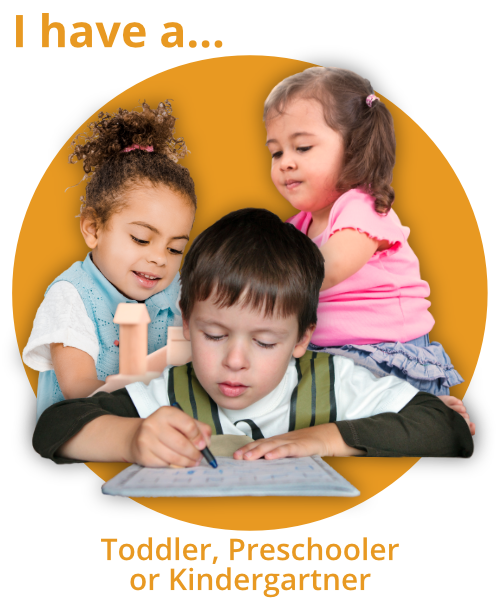Choosing That Perfect Montessori School
Or listen here: APPLE PODCASTS | SPOTIFY | GOOGLE PLAY | STITCHER
You're ready to investigate what Montessori program will be the best one for your family, but it all feels so stressful.
Should you homeschool instead? Or is there a perfect Montessori school out there for your child?
Whether you're touring private Montessori schools, applying to public Montessori charters, or wondering how to make your own homeschool "classroom" more aligned with the method, these tips are for you!
Dive in as I outline 5 core values that REAL DEAL Montessori environments will have -- so you can determine which ones are duds and which ones are likely to be excellent choices.
Choosing a Montessori School (or Homeschool) for Your Child
First, I want to say: I understand completely if a private Montessori experience or even homeschooling is not within your reach right now. Private school wasn’t in our budget when my kids were small, and it’s why we didn’t send them! I will always advocate for the sharing of free information and resources so you can educate yourself and provide the best you can for your child with what you have.
1. What’s the vibe like?
If you are looking for a school for this coming Fall you are probably setting up tours and either getting on waitlists for private schools or finding information out about lottery processes for public or charter schools. I’ve been on many school tours and I have to tell you: the first thing you are looking for when you walk into the school is the vibe.
You can sense when you walk in: how am I greeted? Does the office and entry feel welcoming? Does it feel too casual or too formal for you? Too secular, or too religious?
This is tangible. Use your senses when you enter that first environment and ask yourself: am I getting a good vibe or a bad vibe?
Most importantly, does it feel like home?
Trust your instinct before you even take the time to look at credentials or accreditation. Montessori principles are based on parenting principles. It should feel like home.
Imagine what it would be like to walk in as your child. Would things be at your height, or would they be too tall for you? If it’s all too tall for the child, it’s not a real Montessori school!
2. See how the children are behaving and acting
If they are silent, or on the contrary, way over the top loud and wild, those are red flags! There should be a hum of activity. You should expect to see some children at work and some socializing; a few meandering as they move between activities.
3. Get a sense for the guide
The guide should be in the background, not allowing their energy to supercede the children’s or to overwhelm the space.
4. Look at the space
It should be conducive to learning! Calm and inviting, with child-sized, accessible furniture and work. Expect specially chosen pieces of art rather than many large educational posters. There should be soft lights, plants and natural materials. Inspiring but not overstimulating.
Let’s talk about accreditation and training
Here’s the thing you need to know: Montessori is a mindset. It’s a choice people make. It doesn’t take a piece of paper to declare that you are Montessori, just a decision to be.
Go in and ask your school about accreditation. If they are not accredited, ask why—and see how their answer feels to you. Many small schools simply cannot afford the accreditation process.
Classroom guides DO require specific and intensive training of some sort. They need to know and study deeply the materials and the pedagogy, classroom management and child development.
Not all School Directors will be certified--but what matters most is that they are on the same page as their staff and are supportive of the Montessori needs of the children, guides, and school.
I wish you the best of luck as you think about your options.


